Welcome to issue 78 of the Call to Comms!
Our team in Ukraine met Kostiantyn, the manager of one of the shelters for internally displaced persons (IDP) we connect in Ukraine.
We spoke about how he started his action, his work in collaboration with other organizations to help IDPs, and how TSF’s free Wi-Fi helps the children living in the shelter.
Meeting Kostiantyn, President of A Ukrainian Foundation and Head of Two IDP Shelters
What is your name, and what do you do here?
Good afternoon, my name is Kostiantyn. I am the president of the Foundation for Promotion and Development, and Head of the shelter "Astyna". Two shelters, one in Dnipro, one in Khmelnytskyi.
How did this shelter start?
Well, it all started like it did for everyone else – with the war. I myself am an immigrant from the Luhansk region, from the city of Lysychansk. All our employees and volunteers, almost all of them, are internally displaced persons.
“We understood that we had to do something to help.”
The fund was founded in 2014, and it was active in the Luhansk region until 2019. The founders of the fund are internally displaced persons from Luhansk. Back in 2014, they moved to Kyiv and nevertheless created a fund and helped their native Luhansk region. In 2014, I did not work at the foundation, but I met the founders, knew their activities and helped as much as I could.
In 2022, I had to take my family and colleagues to Dnipro city. We are not military, but we understood that we had to do something to help. That the country is in a difficult situation. Everyone already understood then that the war had come. We decided with our colleagues that we will take humanitarian aid to the Luhansk region.
“Aid was delivered more to cities, not to small settlements.”
We collected everything in Dnipro that we could not collect in Dnipro, we cooperated with the Military Administration in the Luhansk region.
What did you do in the Luhansk region?
Back then, life was normal in Bakhmut. It was further from the front line. There was a warehouse there, we loaded into our cars and drove to the line where the fighting was going on.
We tried to visit the villages more. Aid was delivered more to cities, not to small settlements. We faced such trouble that many people left the city for the villages. We brought help and people were excited. Although we knew these places, we had never seen so many people there. We brought help there, and evacuated people from there.
And we faced the problem that everything in the Dnipro was overcrowded. The gymnasiums where people were housed were full. We met the resident Serhii, we are in his building. He only used the 3rd floor, the rest of the building was empty.
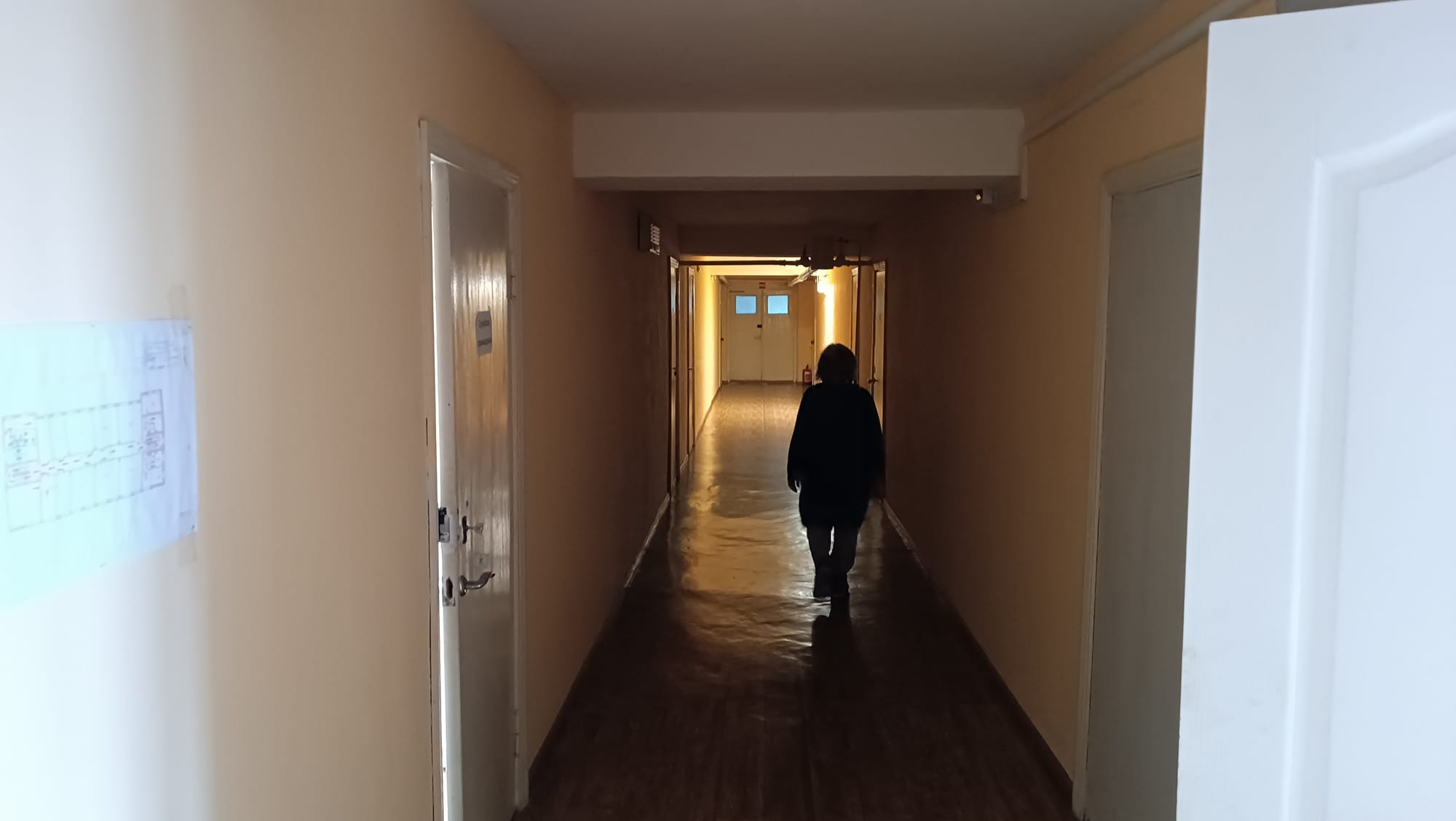
The 4th floor was technical and littered. We started settling people here for 3-5 days.
“We realized that there were people who had nowhere else to go.”
People stayed for 3 to 5 days, just to catch their breath. They were either looking for relatives, or a place to live, or were going further to western Ukraine. When we started sending people on their way, we realized that there were people, mainly pensioners, who had nowhere else to go, who had no relatives. And mothers with children.
This is how we began to understand that people stay with us. We couldn't evict people even if 5 days had passed, if a person had nowhere to go. This is how the idea of renovating the 4th floor and settling people who have nowhere to go was born.
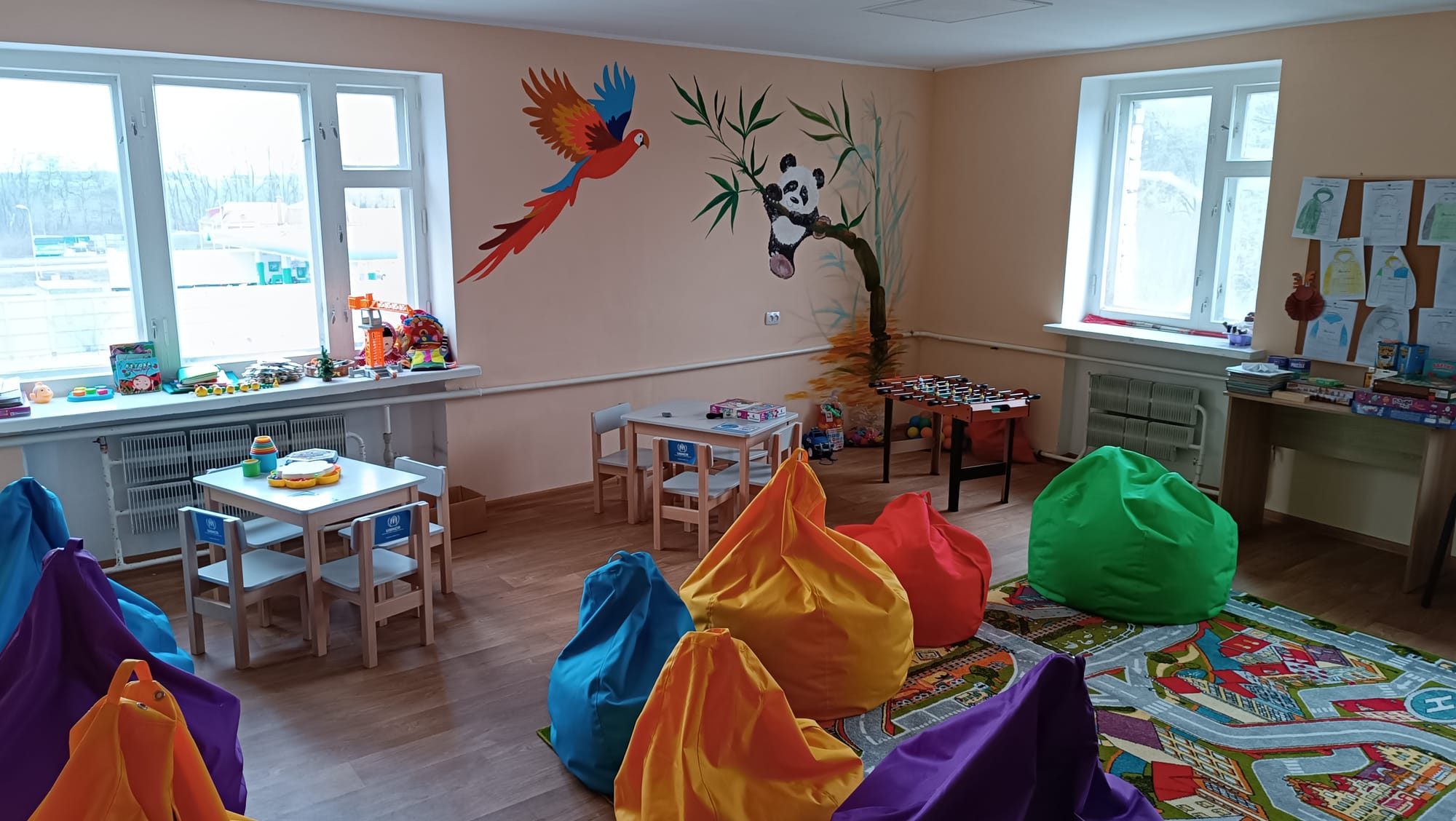
That's how, together with the IDPs and I myself, because before the war I was the head of a construction company, we cleaned this 4th floor on our own. The owner gave it to us free of charge. We don't pay anything except utility bills.
“We collect information about who is evacuating whom, where they can be accommodated.”
Then I realized that it had to be all official. I turned to the people from the Promotion and Development Fund. At the end of 2022, we came to this fund on a volunteer basis. We did all this, opened the first shelter, the second. And in 2023, I became the president of the foundation. In April 2023, a year ago.
We are actively working, we are the founders of the All-Ukrainian Union of Shelters. I am the head of this union. Shelters are union members, we have a hotline. We collect information about who is evacuating whom, where they can be accommodated, all over the Dnipropetrovsk region. As many as anyone can accept, people call us on the hotline and we actively resettle everyone.
How many people live in the shelters?
Currently, 120 people live in this shelter on a permanent basis. We also accept temporarily. We already have 54 people in Khmelnytskyi. April marked the 2nd anniversary of the shelter, and we sheltered more than 4,000 people in 2 years.
It is our pride that we have helped so many people.
At first it was very difficult, because we started from scratch. Now, we are helped by many foundations and partners. Proliska, UN, and Adra. The Renaissance was the first to help. And from "Right to Protection" and you, who provided us with the Internet.
How was the connection here in the beginning?
[TSF] called me independently. They said that they provide internet and that they heard that we have a lot of people. They came to look, they saw that there were really a lot of people.
How do children live in the shelter?
We have a small kindergarten, we have 27 children. Yesterday, a one-month-old baby arrived, but that's not the record for the youngest baby in the shelter. That record is held by a 6-day-old baby from the maternity hospital in Konstantinovka, who used to live here.
“Today, children without the Internet are children without education.”
Children up to 16 years old are engaged in online education. They study in schools remotely. Therefore, the Internet is very useful for us, first of all for children.
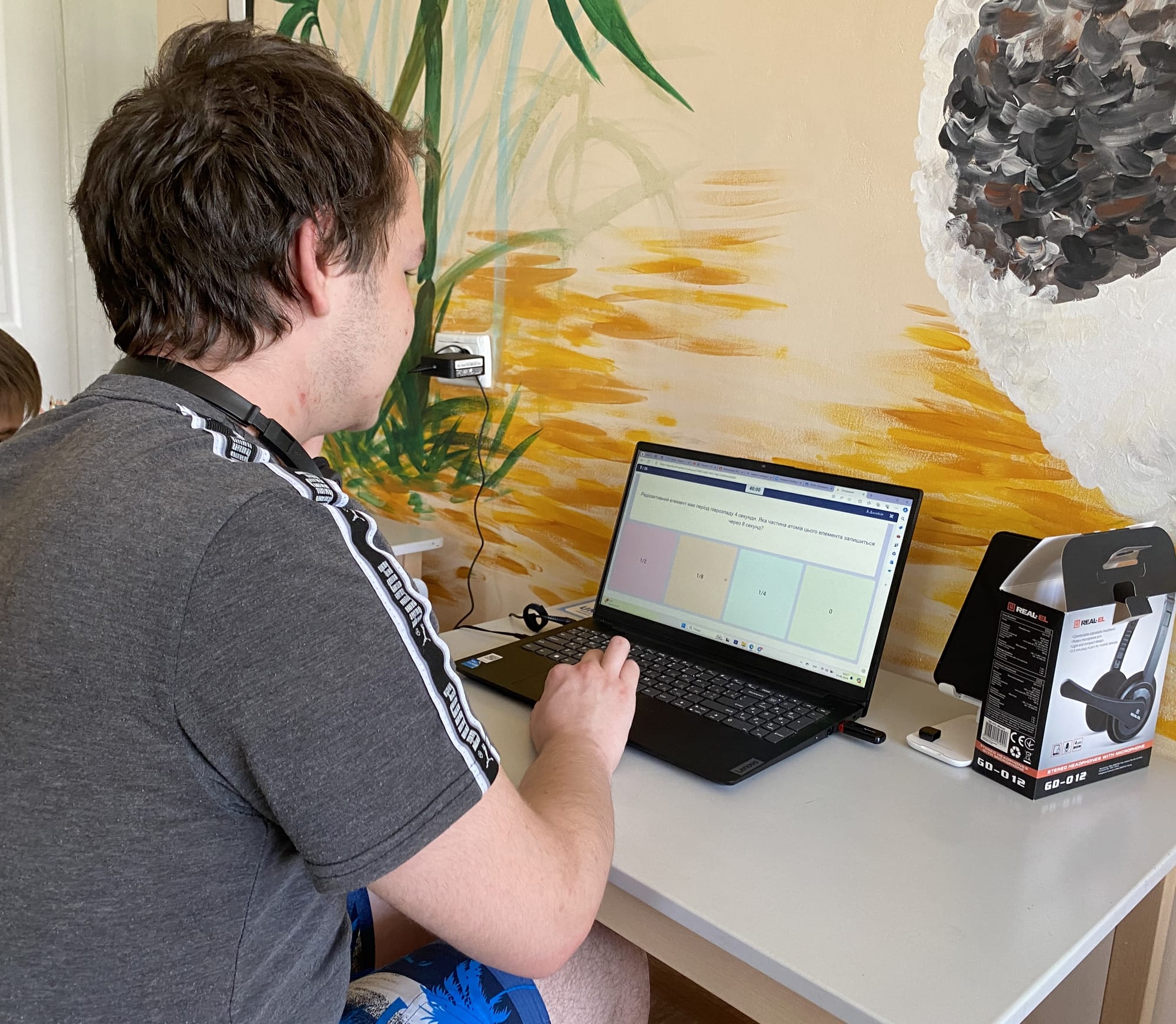
Today, you understand, children without the Internet are children without education. Without the Internet, the child will always be one step below his peers. They will be underdeveloped, because today the Internet is everything.
Today, everything from education to shopping goes through the Internet. We have grandmothers on the Internet, pensioners on the Internet. They calculate, receive assistance, and register for assistance on the Internet.
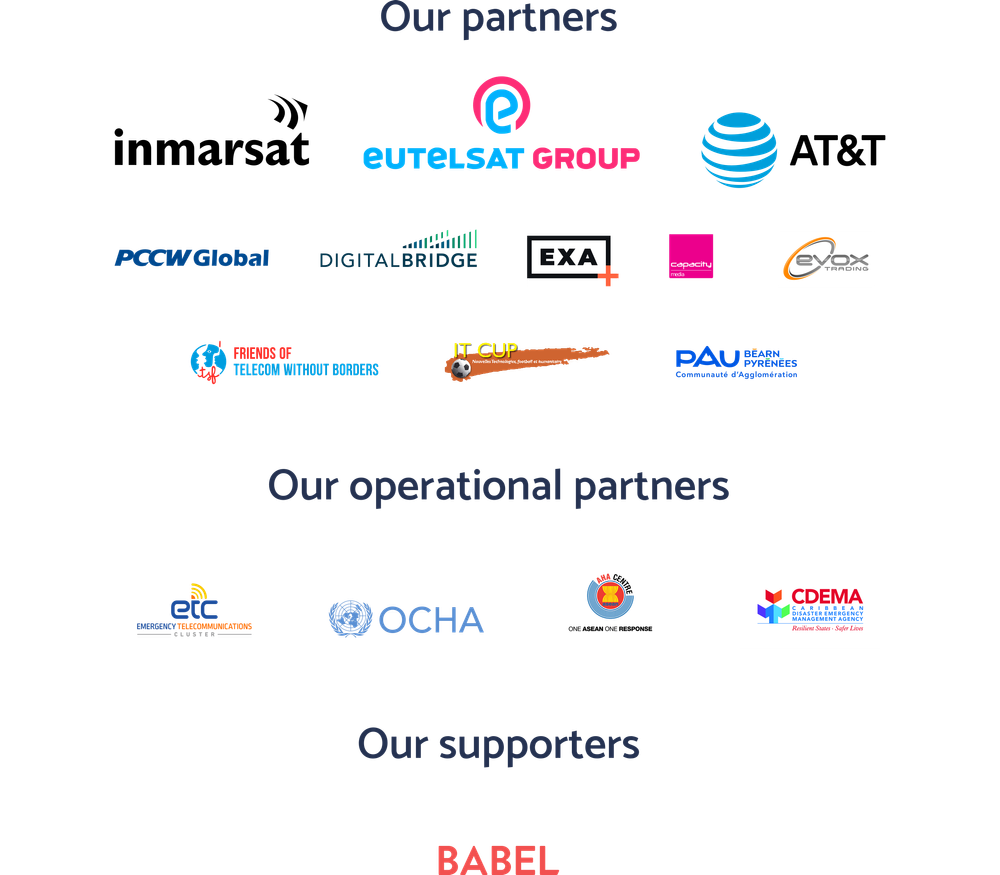


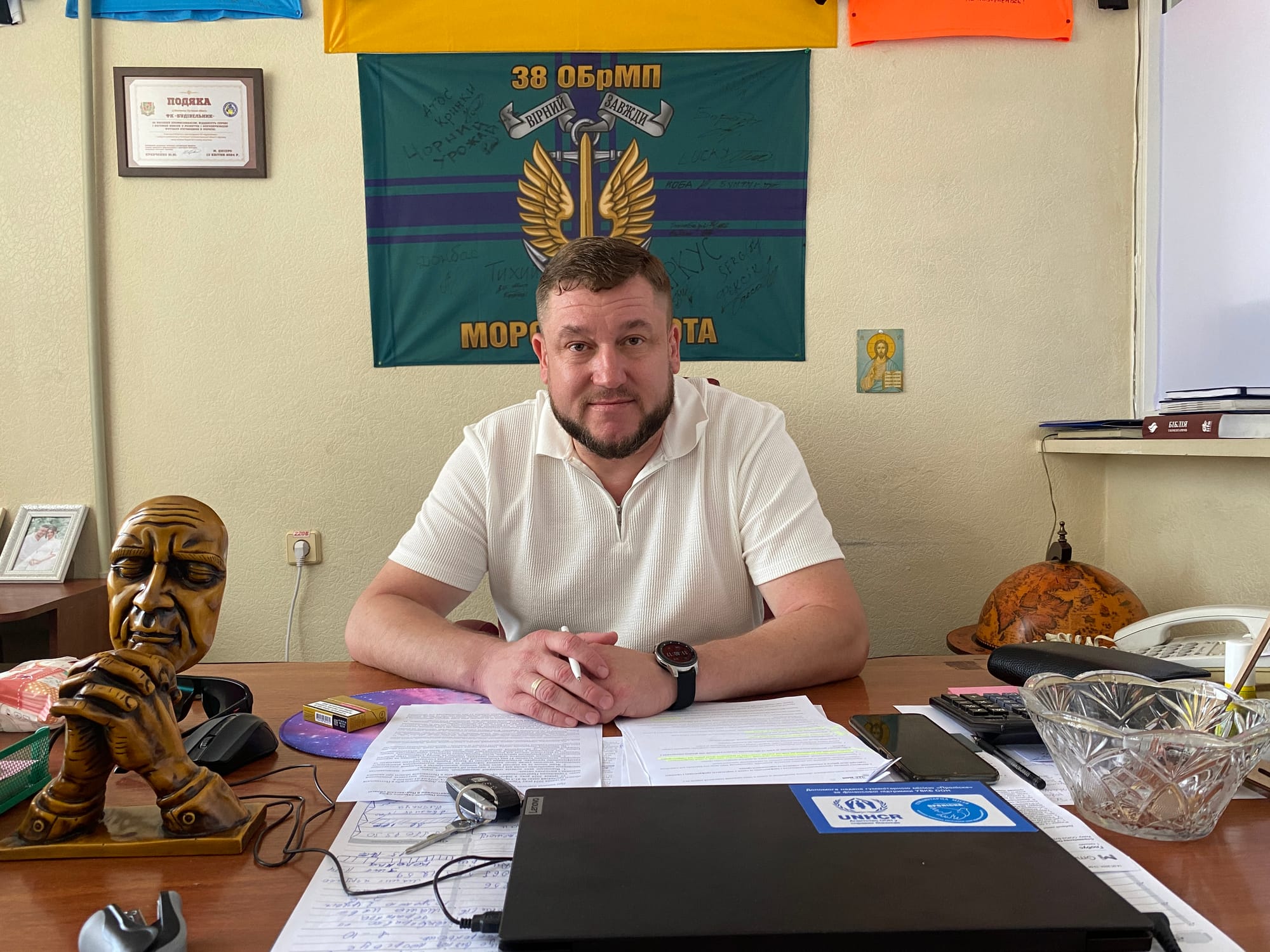



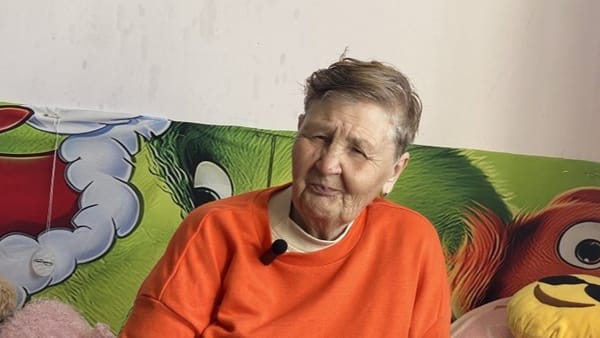
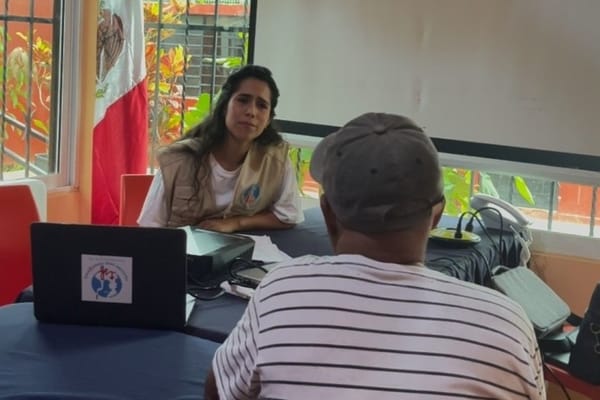

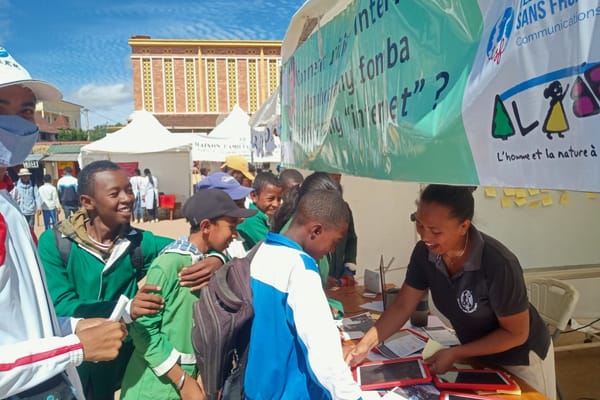
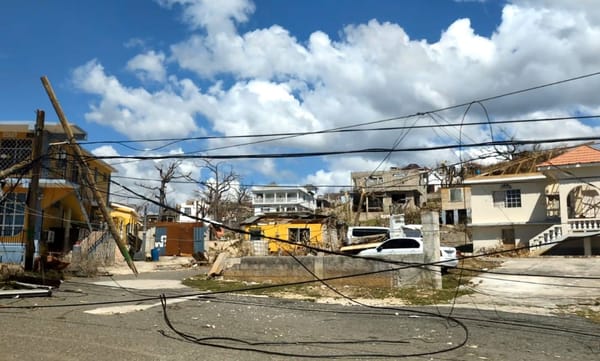
Member discussion